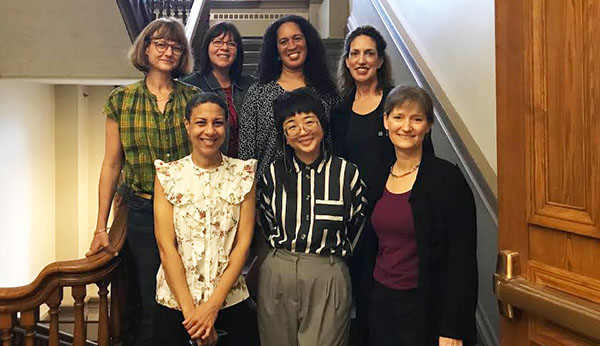Document Type
Article
Publication Date
1-1-2012
Publication Title
Syracuse Law Review
Abstract
When the issue of human trafficking first gained widespread public attention in the United States in the 1990s, the discussion centered on international human trafficking. In 2000, the United States passed an anti-trafficking law, popularly called the Trafficking Victims Protection Act (TVPA), and the United Nations adopted an anti-trafficking treaty called the Palermo Protocol. Both the TVPA and the Palermo Protocol focused on combating international human trafficking by encouraging countries around the world to pass laws against trafficking and prosecute traffickers. Meanwhile, in the United States, state-level criminal justice systems treated United States citizens qualifying under the federal definition of "human trafficking victim" as criminals by prosecuting them for prostitution. Activists for sexually exploited women and girls in the United States noted the irony that the United States was so concerned about trafficking in other countries, but was neglecting trafficking of its own citizens. The United States was allowing laws and practices in the states that it was condemning in other nations. For example, federal law requires other countries to ensure that victims of trafficking are not inappropriately incarcerated for unlawful acts as a direct result of being trafficked. n1 Yet many states lack laws [*172] ensuring that sex trafficking victims are not prosecuted for prostitution. As a result, anti-trafficking activists have put pressure on Congress and state legislatures to apply the same legal standards used in an international context to sexually exploited women and girls in the United States. They are leveraging the international human trafficking legal framework to push for legal change to state laws on prostitution.
Keywords
inappropriately, international, legislatures, incarcerated, prostitution, introduction, prosecuting, traffickers, encouraging, trafficking
Volume
621
First Page
171
Rights
Copyright (c) 2012 Syracuse Law Review
Version
Version of Record
Recommended Citation
Baker, Carrie N., "The Influence of International Human Trafficking on United States Prostitution Laws: The Case of Expungement Laws" (2012). Study of Women, Gender, & Sexuality: Faculty Publications, Smith College, Northampton, MA.
https://scholarworks.smith.edu/swg_facpubs/5


